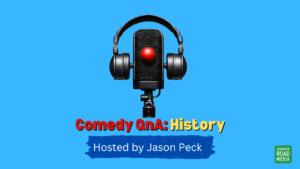You’ve probably heard the expression “great speeches aren’t written, they’re re-written”. It’s a clichéd expression that has been adapted countless times and has previously been used for novels, screenplays, theatre scripts and so on.
It’s become a cliché because an element of truth can be found in it and it’s absolutely applicable if you have to write a speech or make a presentation. One the areas that you want to watch out for when editing a speech is tautology. Fowler’s Modern English Usage defines it as “saying the same thing twice”. This is different from repetition of meaning, which can improve the style of a piece.
A lot of the time tautology is attributed to rhetoric, but I don’t believe it’s exclusive to rhetorical speeches.
Some examples of tautology are as follows: “free gift”, a gift by definition is something that is given without charge, and then there are word combinations such as “added bonus” and “suddenly without warning”.
Less obvious are when multiple languages are used together, such as Mississippi River. Mississippi means Great River, so essentially you’re saying Great River River. There’s also koi carp (carp carp), Lake Tahoe (Lake Lake) and the hoi polloi (the the many).
We can sometimes come a cropper when using abbreviations. My favourite is “ATM Machine” as ATM means Automated Teller Machine, so it’s Automated Teller Machine Machine. There’s also PIN number (Personal Identification Number number) and HIV virus (Human Immunodeficiency Virus virus).
Intentional Repetition of Meaning
As I said intentional repetition of a meaning when you make a presentation, is different as it’s being used on purpose for a specific effect, such as the speech where Tony Blair used the expression Education, Education, Education. Repetition such as this can work especially if you are trying to persuade people to take your side, for instance.
Further examples of intentional repetition can be found in my article on rhetorical devices used by President Obama amongst others.
Go through your speech and look for any unintentional repetitions and edit them out where you can. It may feel funny at first. I, for one, have been so used to saying koi carp that it will be hard to make the switch but it is worth the effort in the end, especially when it comes to speeches.



